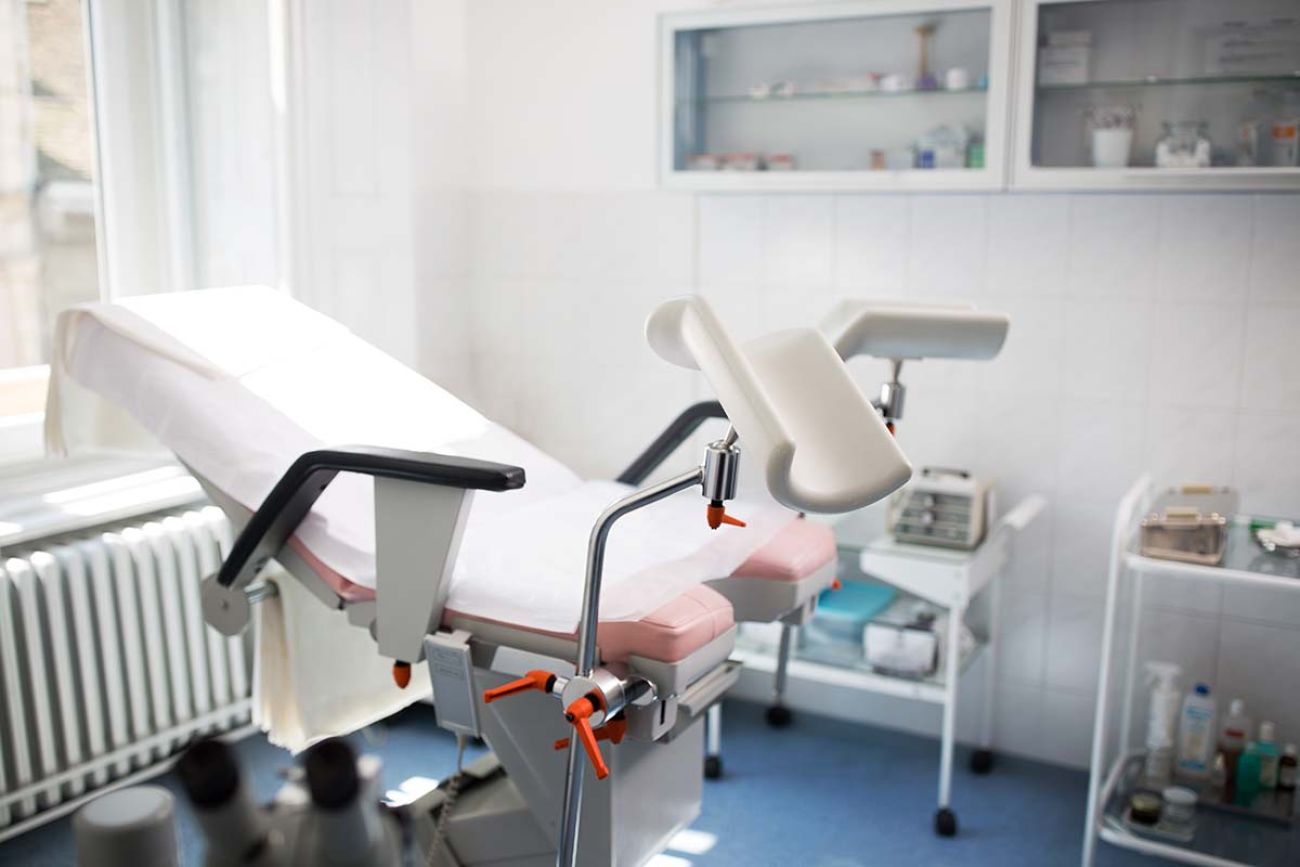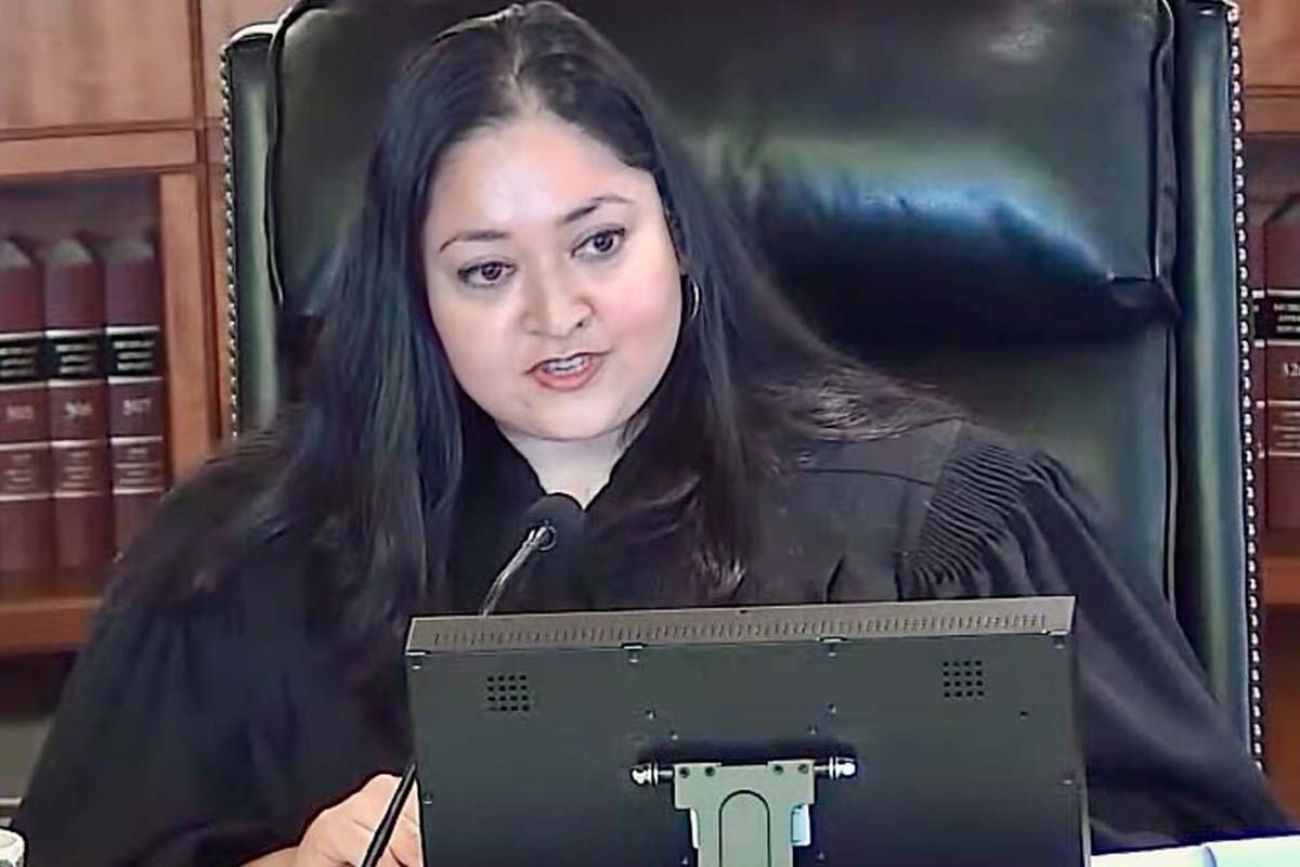Michigan judge suspends abortion law mandating 24-hour wait

- Michigan judge reaffirms abortion rights by striking down three remaining restrictions
- Injunction bars enforcement of laws requiring a 24-hour waiting period, informed consent and a ban on advanced practice clinicians performing abortions
- The injunction is not a final ruling in the case
Three of Michigan’s major restrictions on abortion, including its 24-hour waiting period, are no longer enforceable after Court of Claims Judge Sima Patel on Tuesday issued a preliminary injunction.
In a 50-page opinion, Patel temporarily blocked the laws, saying that Michigan's constitutional amendment approved by voters in 2022 — known as Prop 3 — didn't just restore rights that had been guaranteed nationally until the U.S. Supreme Court reversed Roe v. Wade.
Rather, voters chose to "dramatically" change the state constitution to ensure more expansive abortion rights, Patel wrote.
The court is convinced, she wrote, that the 24-hour wait period “exacerbates the burdens that patients experience seeking abortion care, including by increasing costs, prolonging wait times, increasing the risk that a patient will have to disclose their decision to others, and potentially preventing a patient from having the type of abortion that they prefer.”

With the preliminary injunction, Patel also rendered unenforceable much of the state’s informed consent counseling law, as well as a ban on advanced practice clinicians — nurse practitioners, certified nurse midwives, and physician assistants — performing abortions.
That restriction “excludes qualified clinicians from providing abortion care without any medical justification,” Patel wrote. They are ‘fully capable of providing early abortion care” and “currently provide the very same care to patients experiencing miscarriage as they could for patients seeking early abortions,” she added.
Patel, an appointee of Gov. Gretchen Whitmer, did not render a final decision in the case. But she wrote that plaintiffs who challenged the abortion restrictions are likely to prevail as their lawsuit advances.
An appeal is possible, although it's not clear who would lead that effort. Democratic Attorney General Dana Nessel, a named defendant in the case, applauded the injunction.
Related:
- Michigan lawsuit aims to lift 24-hour wait period for abortions
- How many abortions in Michigan? The state can’t say under new law
- Abortion pill challenge tossed by Supreme Court. What it means for Michigan
- ACLU calls for ending Michigan parental-consent law for underage abortions
Patel’s decision is “a game-changer,” said Rabia Muqaddam, senior staff attorney at the Center for Reproductive Rights, which filed the suit on behalf of Northland Family Planning Center, a long-time abortion provider in Southeast Michigan, and Medical Students for Choice, a nonprofit focused on abortion education and family planning.
Muqaddam said in a statement it was her hope “the court will ultimately strike down these harmful restrictions for good.”
“Michigan voters made it clear that access to abortion is a fundamental right in their state and must be free from ideological interference,” Maquaddam said, adding that the challenged abortion restrictions “disproportionately impact Michiganders who already face health inequities.”
Amber Roseboom, president of the anti-abortion group Right to Life of Michigan, called Tuesday’s ruling “reckless” and said that “women in Michigan should be on notice” following the decision.
“This decision presents an immediate danger to women in our state considering abortion,” Roseboom said in a statement.
“It shutters the mind to remove a brief 24-hour waiting period and deny patients the right to basic information about a significant medical intervention — be it a medical procedure or chemical intervention — they are considering.”
Right to Life last year filed a federal lawsuit to try and overturn Proposal 3, arguing Michigan’s abortion access violates federal constitutional rights for, among others, the “pre-born and born following a failed abortion.”
Northland and the medical students group filed their suit in February, arguing that the abortion restrictions had no basis in medical care.
Named in the suit were Nessel and the Michigan Department of Licensing and Regulatory Affairs, as well as the Department of Health and Human Services (DHHS). Both Nessel and DHHS Director Elizabeth Hertel previously indicated they, too, believed the laws were likely unconstitutional.
Not all parts of Michigan’s informed consent law, however, were impacted by Tuesday’s ruling. Patel declined to issue an injunction against a law requiring providers to screen patients for coercion.
Northland and the medical students group had argued that such screening would be “upsetting and a grave interruption in the trust they have with their provider” for patients in coercive relationships.
And Dr. Natasha Bagdasarian, Michigan’s chief medical executive, previously argued in an affidavit the screening was redundant because licensed abortion providers will naturally administer a patient-specific coercion screening as part of the abortion process.
Patel, though, noted the coercion part of the Michigan statute — as well as laws surrounding the need to provide relief to victims of domestic violence — “have less of an effect on a patient’s decision making” than actions requiring a 24-hour wait period.
Tuesday’s ruling nonetheless brings necessary “time-sensitive care” to patients, Northland’s executive director, Renee Chelian, said in a brief statement.
“Finally, our patients will be able to access the time-sensitive care they’re seeking right away without the state shaming them and making them wait,” she wrote.
She declined further comment, citing the continued lawsuit.
Tuesday’s injunction was a win for Michigan abortion-rights groups, but some of those same groups have pushed for additional changes not impacted by the court opinion, including proposed repeal of a parental consent law that remains on the books.
See what new members are saying about why they donated to Bridge Michigan:
- “In order for this information to be accurate and unbiased it must be underwritten by its readers, not by special interests.” - Larry S.
- “Not many other media sources report on the topics Bridge does.” - Susan B.
- “Your journalism is outstanding and rare these days.” - Mark S.
If you want to ensure the future of nonpartisan, nonprofit Michigan journalism, please become a member today. You, too, will be asked why you donated and maybe we'll feature your quote next time!





